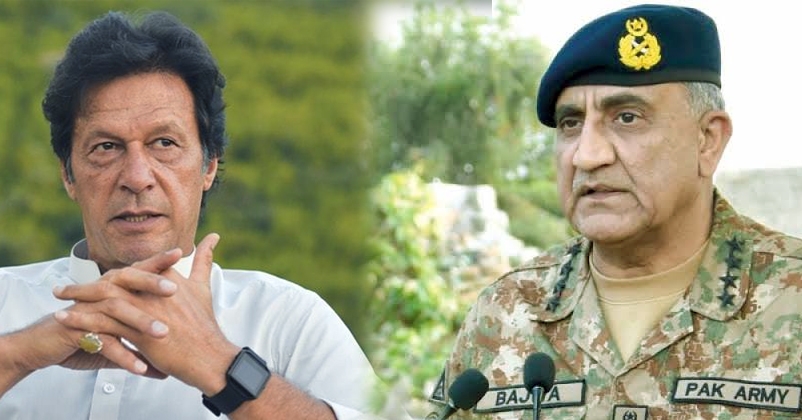US doubts Pakistan's intentions: Report says Terror hubs in Pakistan remain a big threat
| 16-Nov-2019 |

Pakistan’s efforts against terrorism has never been enough, not only has it several flaws but it also lacks an effective strategy. The US has long pushed Islamabad to do more to curb militant groups on its soil but terror centres in Pakistan remain a big threat to the world.
The European Foundation for South Asian Studies (EFSAS) has said that despite several restrictions and warnings by global watchdogs, the United States's concern over prevailing terror hubs in Pakistan is portraying a grim picture of the security situation in the region.
Referring to the US State Department's recent Country Report on Terrorism in 2018, which grilled Pakistan for promoting terrorism and its sluggishness in dealing with terror entities, the European think tank predicted this. The report accused Pakistan of not taking enough measures against externally focused groups such as Lashkar-e-Tayeba (LeT) and Jaish-e-Mohammad (JeM) which continues to operate, train, organize and fundraise on its soil. The report also mentioned how Islamabad propped up candidates, overtly affiliated with LeT front organizations to contest the July general elections.
Elaborating the State Department’s contention, a Lahore-based correspondent for The Diplomat, Umair Jamal, in an article dated November 9, wrote,"Beyond rhetoric, there appears no convincing evidence that could suggest that Pakistan has choked India-focused groups' operational capability or capacity to act in the future. Arguably, the focus on Pakistan's part appears to be aimed at placing the group away from the media's glare and signifying small steps against these groups' activities as part of the state's broad plan to defang the organizations".
In another report of the US Congressional Research Service(CRS) on the war-ravaged country, Afghanistan, the dubious role of Pakistan was also questioned. Speaking of Pakistan's adverse role in Afghanistan, the State Department report stated that Pakistani Govt. pledged support for political reconciliation between the Afghan government and the Afghan Taliban but did nothing to restrict the terror groups from operating in Pakistan. The Taliban and the Haqqani Network continued to launch lethal attacks throughout Afghanistan, including against US military personnel.
This report identified Pakistan as the "most important neighbor" of Afghanistan, one which had played an active but negative role in Afghan affairs for decades. Pakistan criminalizes terror financing through the Anti-terrorism Act, but the implementation of guidelines mandated under the law remains uneven. The report added that Pakistan's security establishment, fearful of a strategic encirclement by India, apparently continues to view the Afghan Taliban as a relatively friendly and reliable anti-India element in Afghanistan. India's diplomatic and commercial presence in Afghanistan and US rhetorical support for it exacerbates Pakistani fears of encirclement. The report, however, warned that instability in Afghanistan could rebound to Pakistan's detriment.
Meanwhile, a US-based international watchdog, Freedom House, in a report titled 'The Crisis of Social Media', dated November 5, placed Pakistan among the worst 10 countries in the world in terms of internet and digital media freedom. The EFSAS said, "What is noteworthy about this Freedom House report is that it brought into sharp focus the duplicity of the Pakistani government's position and proclamations on the restrictions on communications, including the internet, imposed by the Indian government in Jammu and Kashmir." While any such restriction is undesirable, condemnation, when it comes from a country like Pakistan with its highly unenviable track record on internet and media freedoms, comes across as extremely hollow, insincere and motivated," the report added.